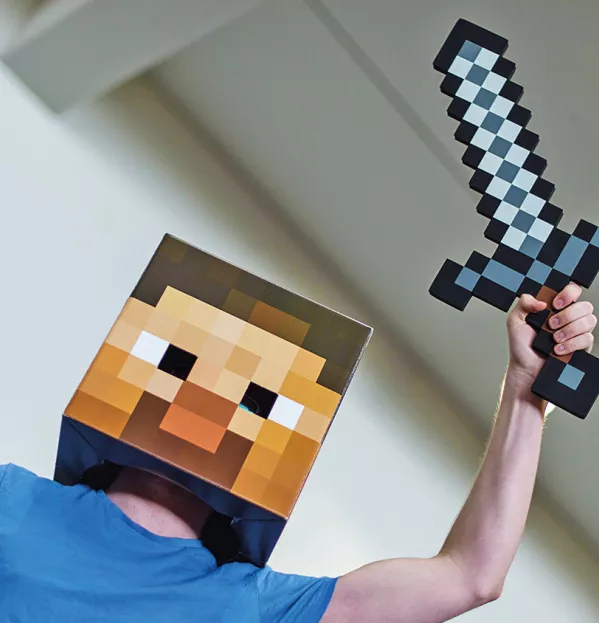We spend a lot of time worrying about children and “screen time”. As both a parent and an educator, I’ve been part of many conversations about the effects that consoles, tablets and screen-based entertainment have on our kids: is it OK if they’re engaged in creating rather than just consuming? How much is too much? When is enough enough?
We hear again and again that children are growing up in an era of instant gratification and constant stimulus, that they’re increasingly unable to apply themselves to anything that doesn’t offer an immediate reward. I find myself having a growing number of conversations about how we can support children to develop resilience and determination - that vital willingness to keep going even when you feel like you are at the bottom of “the learning pit”, as it’s been described. There’s that point where it seems as though you have zero understanding, but have to keep trying and keep climbing until you lift yourself out and reach a place of confidence and achievement, ready for the next challenge.
I find myself having conversations about how we can support children to develop resilience and determination
Recently, someone reminded me that the wildly popular and endlessly absorbing computer game Minecraft - which probably accounts for a significant amount of the screen time of many of our students - is famously sold to new users without any instructions. It has no specific, rigid goals or tasks as part of the game, with programmers choosing instead to offer players creative freedom and space to experiment. It takes place in a virtually infinite world and there is no specific path for you to navigate.
‘A playground for trial and error’
The game is essentially a playground for trial and error. In the world of Minecraft, there is no way to progress other than learning from than your mistakes - players keep being blithely told “You died!” but have to keep picking themselves up, dusting themselves off, “respawning” and trying again.
Every generation is alarmed by the newfangled passions of the next, but in this case we may be missing a trick. We’re all trying to find ways to teach children to value their mistakes as vehicles for learning and to have a growth mindset about what they can achieve if they keep trying - but many of them may already secretly be experts at this.
In the world of Minecraft, there is no way to progress other than learning from your mistakes
Perhaps, for these children, all we have to do is make the connection between their learning in the classroom and in the game world. Point out these skills, relate their learning behaviour to their experiences and the potential for achievement, and a sense of success to the feelings they already enjoy in this virtual landscape. Maybe we all need more of a Minecraft mindset.
Susannah Jeffries is a recently qualified primary teacher working in Edinburgh. She tweets @MrsJTeaches
